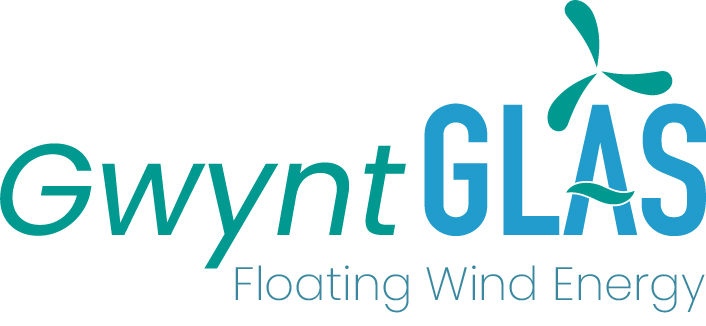Planning
The planning process for large and complex energy projects is lengthy and rigorous, involving consents from both the UK and Welsh Governments, as well as inputs from local authorities and expert advice from statutory agencies. The formal planning process will commence for Gwynt Glas once we have reached an Agreement for Lease in The Crown Estate’s competitive tendering round.
Energy schemes of this size are considered to be Nationally Significant Infrastructure Projects and are determined via the Development Consent Order (DCO) process managed by the Planning Inspectorate. The final decision will be taken by the UK Secretary of State, based on any recommendations made by the Planning Inspectorate.
Developments in the sea also need a Marine License. In Welsh waters, this is granted by the Welsh Government body – Natural Resources Wales. In English waters, the Marine License is granted by the Marine Management Organisation as part of the DCO application. Our approach will be dependent on the jurisdiction of the final site selection area of the project.
The Planning Process
Developing a project of this size is costly and takes time with a number of factors needing to be looked at in detail. We have to consider the ecological impacts versus the benefit of generating clean energy, what technologies are best and the design of the wind farm, how we will transmit the electricity generated onto land, from where and how we will procure the kit and services we need. All the while trying to mitigate any impacts the project may have on the environment and stakeholders whilst keeping costs as low as possible.
We need to demonstrate how we have examined these factors and what conclusions we have drawn in our planning applications and the planning process is designed to rigorously examine our work.
At the heart of the planning process is consultation – with subject experts, with members of the public, with elected representatives, and with statutory agencies. All can have a say on the project through the DCO process.
The planning process is broken down into five sections:
![]()
Pre-application
Before submitting a development application, we have a statutory duty to consult on our proposals. We will consult on the possible environmental, social and economic effects of the proposal with statutory bodies, local authorities, the local communities and stakeholders likely to be affected. Consulting early and as widely as possible with communities, businesses and groups also gives us the best possible chance to shape a project that minimises any impact on stakeholder and other users as well as deliver a project that reflects local priorities and delivers local benefits.
This stage is the best time to influence a project, so please get in touch and get involved.
![]()
Application and acceptance
Following consultation, and environmental assessments and surveys, the application is formally submitted. The Planning Inspectorate, on behalf of the Secretary of State, will decide within 28 days whether it meets the required standards to be considered. If accepted, all the planning documents are made publicly available.
![]()
Pre-examination
At this stage, members of the public can register as an Interested Party and put forward their views in writing. An Examining Authority is appointed and all interested parties will be invited to attend a preliminary meeting, run and chaired by the Examining Authority. There is no statutory timescale for this stage of the process, although it usually takes around three months. The examination timetable is published. Interested Parties will be notified of the procedure.
![]()
Examination
The Planning Inspectorate will examine the application within six months. During this time registered Interested Parties may be invited to provide more details of their views in writing.
![]()
Recommendation and Decision
Within three months, the Planning Inspectorate will compile a report and make recommendations on the application. These are considered by the Secretary of State, who has a further three months to consider the application before issuing a decision on whether to grant or refuse development consent.



